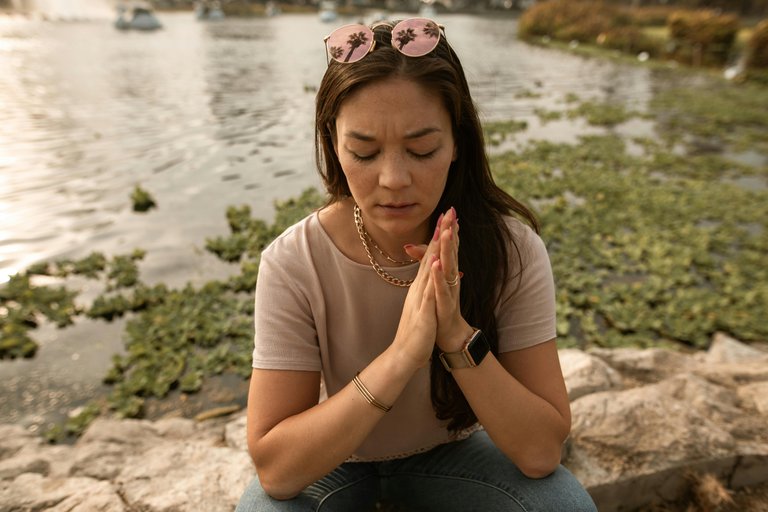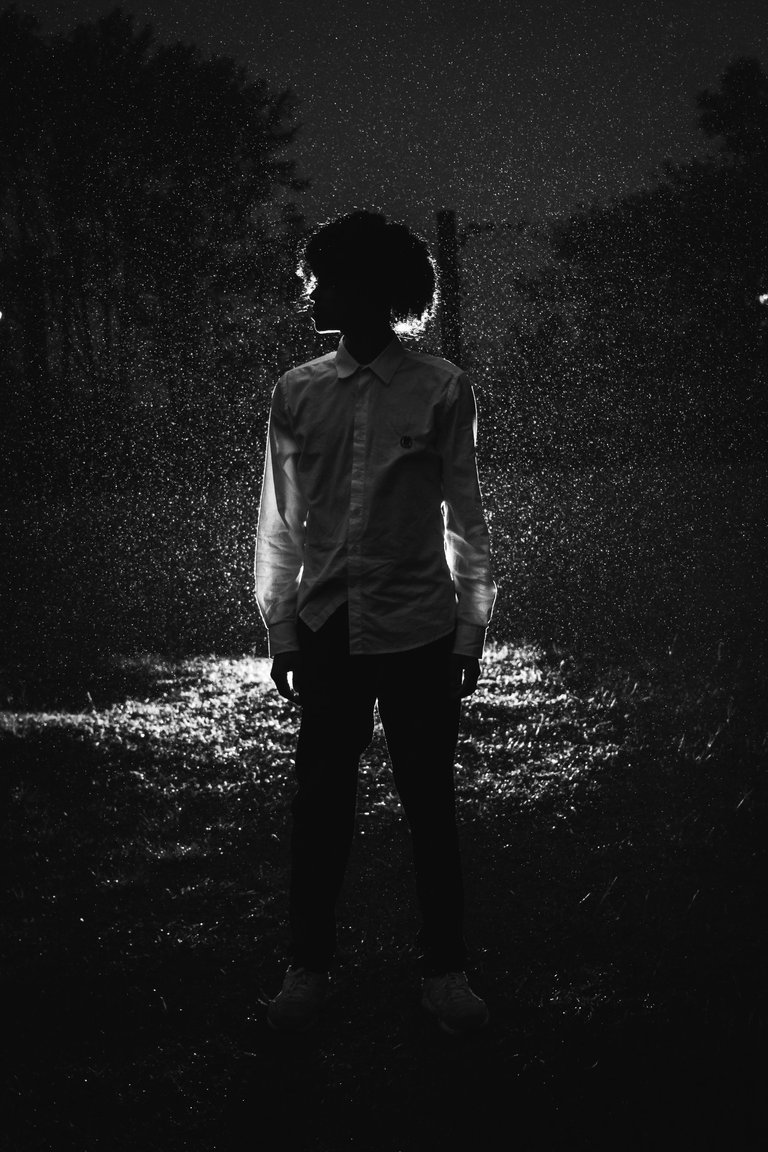Doubt And Belief: Two Sides Of The Same Coin
Have you ever held a belief so dear that even a whisper of doubt felt like a betrayal?
Or perhaps you've encountered a situation where a lack of doubt led someone astray.
The human experience is filled with moments where doubt challenges our beliefs, forcing us to re-evaluate what we hold true.
But can we truly believe in something with unwavering certainty? Is absolute conviction a sign of strength, or can it blind us to new information and critical thinking?
Belief and doubt are two seemingly opposing forces in the human mind. Yet, they can also be viewed as two sides of the same coin.
This post dives into the dynamism between them, exploring how if there's nothing to doubt, then there's nothing to believe.
Absolute Certainty Vs. True Belief
I first came across this phrase on a practice oriented manual book where the author argued that when it comes to practicing a skill to achieve a certain outcome, the less expectations we have the better.
This is because expectations creates a certain type of belief that makes it quite easy for doubt to creep in when the expectation begins to fall short.
For example, expecting to have a certain punching force when practicing boxing can put one in a narrowed focused state where anything different from that aim is seen as a loss, so to speak.
That said, doubt isn't the enemy of belief; it's the seed from which it grows. Absolute certainty requires no belief – it's simply knowledge. We believe in things because there's always a sliver of uncertainty, a reason to question.
We can think of absolute certainty as the absence of doubt. It's achieved through irrefutable evidence or firsthand experience that leaves no room for questioning.
Think of scientific facts proven through repeated experiments – the Earth's rotation around the sun is a good example. In these cases, belief isn't necessary because we have absolute knowledge.
Belief without a foundation crumbles in the face of doubt. If we blindly accept everything without questioning, even the most outlandish claims, then true belief loses its meaning.
For example, the belief in the Earth being flat wasn't based on evidence. When faced with new information (e.g., ships disappearing hull first over the horizon), this belief crumbled.
Building Bridges with Experience
This is where first-hand experience comes in. By interacting with the world, conducting experiments, or simply living, we gather evidence that strengthens or weakens our beliefs.
First-hand experience is in the everyday interactions we have with the world. Often times, witnessing a stranger's kindness strengthens our belief in human compassion, and repeated setbacks can challenge our self-confidence.
But experience extends beyond ourselves. In my view, learning about historical events or the triumphs and struggles of others also plays a key role in shaping our worldview. Similar to collective intelligence, shared cultural experiences and traditions build a foundation for collective belief.
Experience and Critical Thinking
Experience should fuel critical thinking, not replace it. A single negative experience shouldn't overshadow a mountain of evidence. I like to view experience as a powerful tool that when coupled with critical thinking leads to creating a strong and nuanced belief system that can weather the inevitable whispers of doubt.
Doubt need not be paralyzing as we tend to make it. We can use it as an opportunity to learn and grow. Because it can lead us down paths we wouldn't have considered otherwise.
Thanks for reading!! Share your thoughts below on the comments.
Posted Using InLeo Alpha


Congratulations @takhar! You have completed the following achievement on the Hive blockchain And have been rewarded with New badge(s)
You can view your badges on your board and compare yourself to others in the Ranking
If you no longer want to receive notifications, reply to this comment with the word
STOPCheck out our last posts: